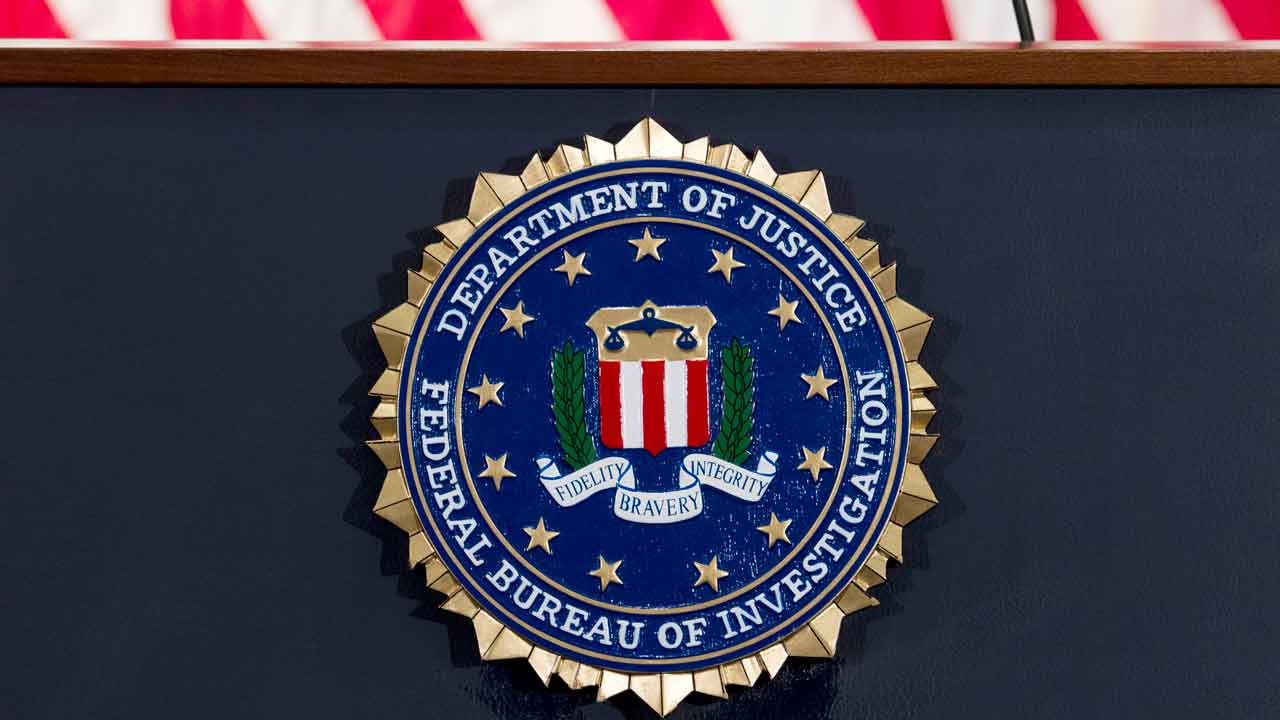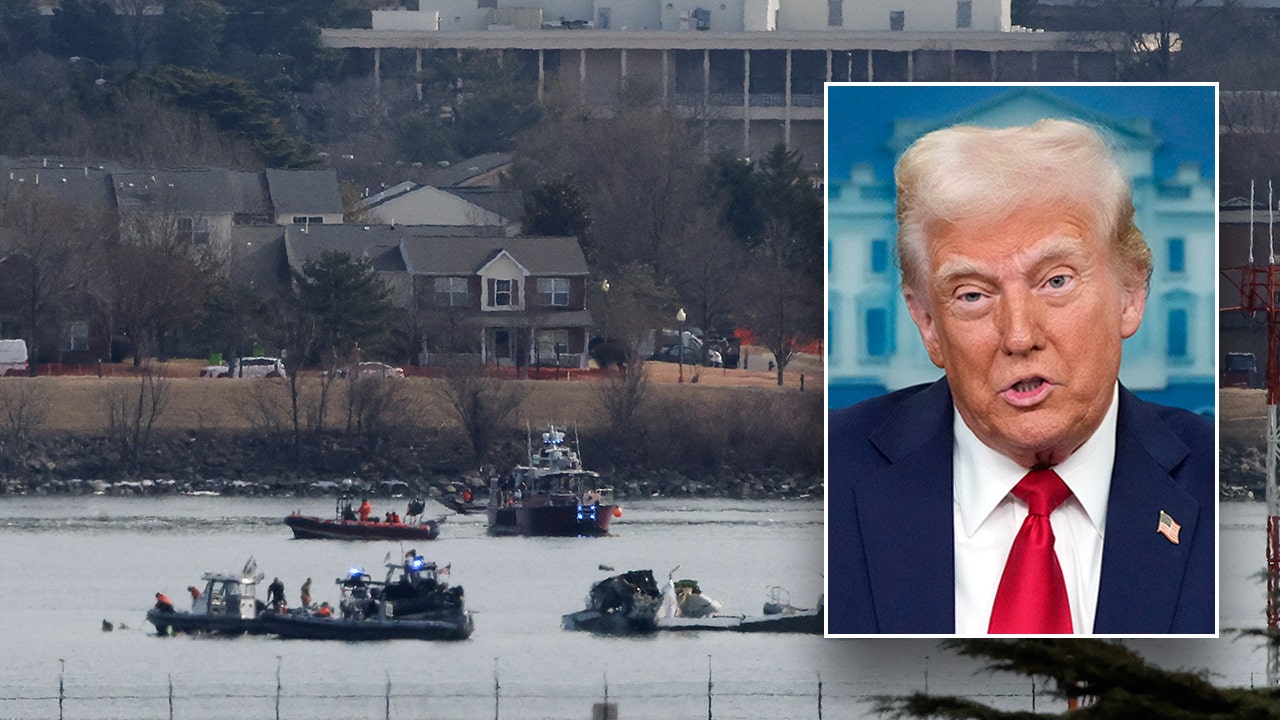Robert Fico, 59, has played a pivotal role in Slovakian politics in the years since it gained independence in 1993 and has served as prime minister longer than any other leader.
The country gained independence after the so-called Velvet Revolution, a series of popular and nonviolent protests in 1989 against the Communist Party in what was at that time still Czechoslovakia.
Mr. Fico, who had been a Communist Party member while it was in power, founded the Smer party in the late 1990s and began the first of his three terms as prime minister in 2006, serving for four years before going into opposition after his coalition lost an election. Slovakia is a landlocked country of around 5 million people.
The Smer party, which started out on the political left but has increasingly embraced right-wing views on immigration and cultural issues, has governed as part of a coalition. Much of the international focus on Mr. Fico’s leadership in recent years has focused on his ties to President Vladimir Putin of Russia and to Prime Minister Viktor Orban of Hungary, Slovakia’s southern neighbor.
Mr. Fico returned to power in 2012 but resigned as prime minister in July 2018 following mass demonstrations over the murder of a journalist, Jan Kuciak, and his fiancée, Martina Kusnirova, who had been uncovering government corruption. The protests, which rocked the country, were the largest seen since the Velvet Revolution; demonstrators demanded the resignation of the government and new elections.
Slovakia ranks high in independent assessments of press freedom, but the protesters had also sought deeper changes in the country Mr. Fico had overseen.
He returned to power in an election last fall, forming a coalition government after securing around 23 percent of the vote, having campaigned against sanctions that were imposed on Russia after its full-scale invasion of Ukraine began in February 2022. Not one round of the country’s ammunition should be sent to Ukraine, he had told voters.
That stance, in a country where pro-Russian sentiment had historically been significant, worried E.U. leaders in Brussels, who said they feared that Slovakia could form a pro-Russian alliance with Mr. Orban and, potentially, Italy’s leader, Georgia Meloni, that would impede support for Ukraine in the European Union. At the time, it was also seen as a sign of the apparent erosion of the pro-Ukrainian bloc that Europe had formed after the invasion.
Slovakia’s military contributions to Ukraine were negligible compared with countries such as the United States and Britain. But last year it became one of several European Union countries on Ukraine’s borders to block imports of its grain, fearing that it could undermine Slovakia’s farmers.
In April, an ally of Mr. Fico, Peter Pellegrini, won a vote to become Slovakia’s president. The position is largely ceremonial, but analysts said the victory strengthened the grip of political forces friendly to Russia in Central Europe, given that Mr. Pellegrini opposed providing military and financial aid to Ukraine.





